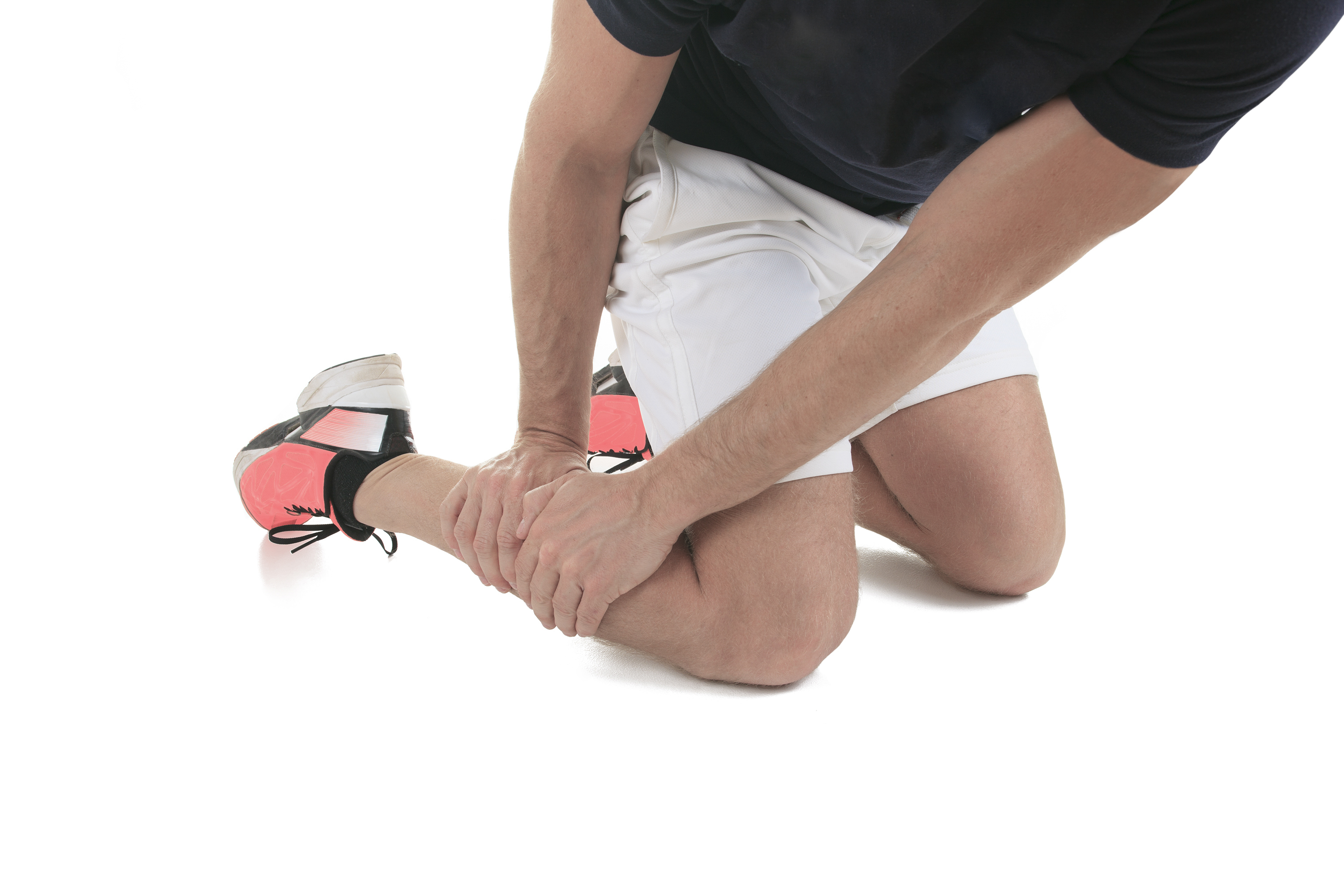For most active individuals who make fitness a regular part of their routine, occasional pain and soreness is expected. Runners and anyone else who incorporates lots of running into their regimen are usually accustomed to pain in several parts of the leg, including the calf. Calf pain in New York City tends to feel like a sudden pull on the lower leg that comes about when walking or running, often interfering with one’s ability to keep active. In some cases, calf pain may become an ongoing—or chronic—issue that does not improve over time. When this occurs, it’s best to see one of our physical therapists so we can determine what’s causing the problem and create a treatment program to resolve it.
The calf is not a single muscle, but actually consists of several muscles that each has a unique function. The three primary calf muscles are as follows:
- Gastrocnemius: the big, bulky muscle that most people think of when referring to the calf; the gastrocnemius has two heads and spans from the lower end of the thighbone (femur) to the back of the heel, where it connects to the foot through the Achilles tendon; this muscle allows you to push your foot downwards—which is called plantar flexion—and helps you bend your knee
- Soleus: this long, flat muscle lies behind the gastrocnemius, along the back of the shinbone (tibia); the soleus also helps to plantar flex the foot—especially when the knee is bent and the gastrocnemius is being used—and helps to keep the body upright when standing
- Plantaris: this very small, thin, rope-like muscle lies on the outside of the calf area and crosses over both the knee and ankle; it assists the gastrocnemius with both plantar flexion and flexing of the knee
A calf strain occurs when one of these muscles is overstretched or overworked to the point where the muscle is damaged. Any calf muscle can be strained, but the gastrocnemius is most commonly affected because of its size and the significant role it plays in both the ankle and knee joints. A sudden, traumatic calf strain is referred to as an acute injury, and symptoms usually include swelling, weakness, tightness, and pain that tends to get worse with movement. In some cases these symptoms may go away on their own but then return some time later, especially with repeated physical activity that involves the calves. This is called a chronic or repetitive calf strain, which may be more difficult to address than an acute injury.
Alleviating symptoms and improving function for calf pain in New York City
Fortunately, our physical therapists are adept at diagnosing and treating calf pain in New York City. When addressing these injuries, our goal is to first identify which calf muscle is damaged, as targeting the wrong muscle can lead to delays in healing. From here, we will craft a unique treatment program based on the calf muscle that’s been injured and your personal goals and abilities. Most programs will include the following:
- Pain-relieving modalities: ice, heat, ultrasound, taping, heel lifts, and other interventions will be applied to immediately reduce your pain levels
- Manual therapy: your therapist will use variety of hands-on techniques that target the calf and surrounding area to alleviate symptoms and improve function
- Strengthening exercises: your physical therapist will prescribe specific exercises intended to improve your strength and agility, which may include cuff weights, stretchy bands, weight-lifting equipment, and cardio exercise equipment
- Flexibility exercises: your therapist will also recommend specific activities to help restore the flexibility of your knee and ankle, which is often lost with calf injuries
- Home-exercise program: additional strengthening and flexibility exercises may be prescribed for the calf, toe, knee, and ankle to prevent future injury of your calf
Calf pain in New York City can be a nuisance to your exercise routine, especially when you think you have the problem under control but it eventually returns in full force. If you’re dealing with any type of calf issue, our physical therapists can figure out what’s going on and address it with a targeted treatment program. Contact Dynamic Sports Physical Therapy in New York City to schedule an appointment today at212-317-8303, or click herefor more information on calf strains.

